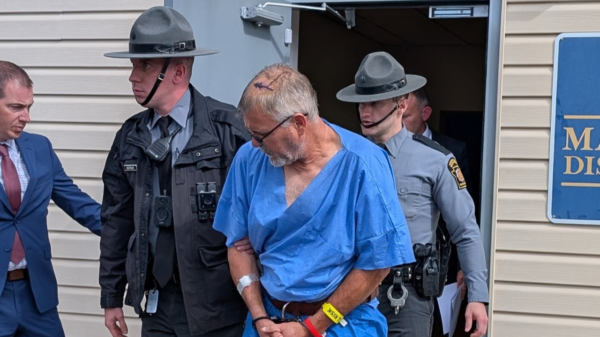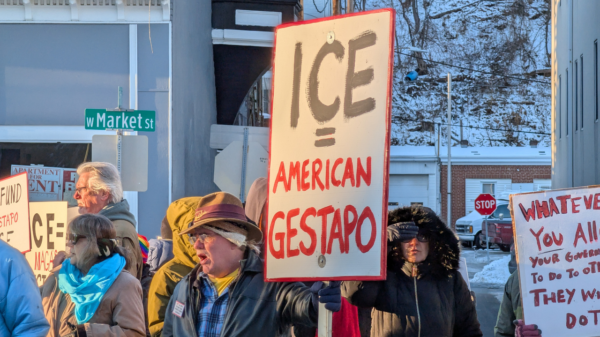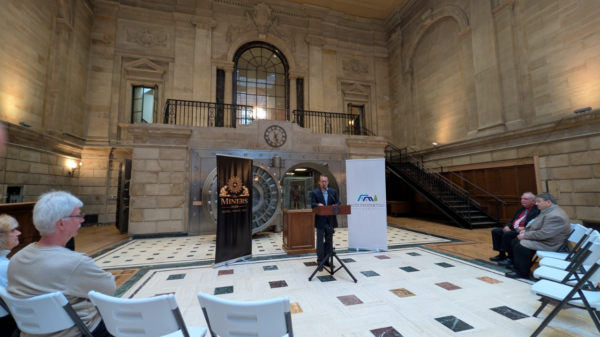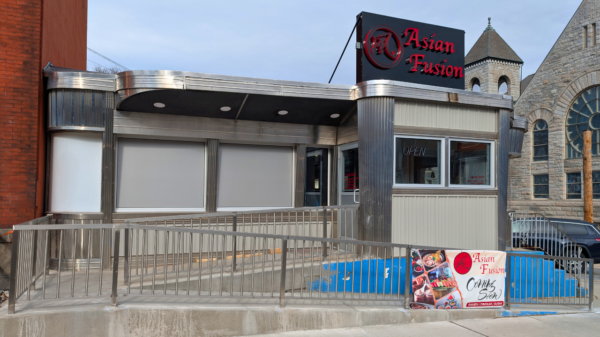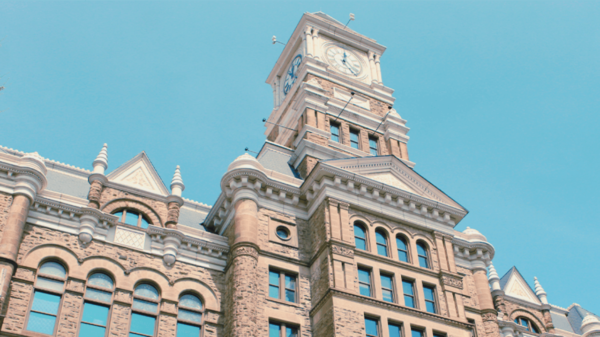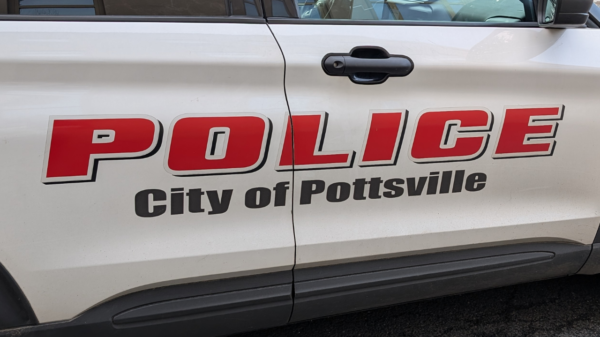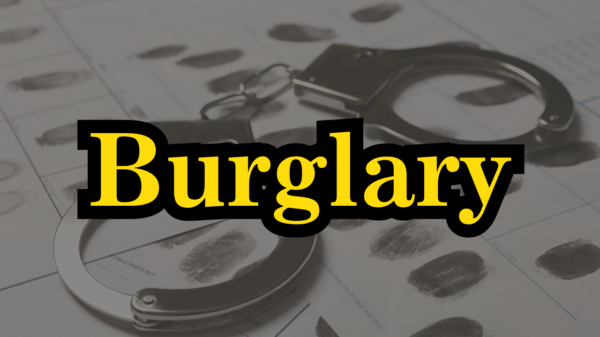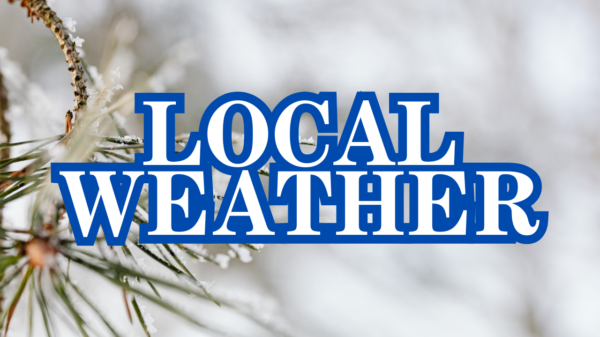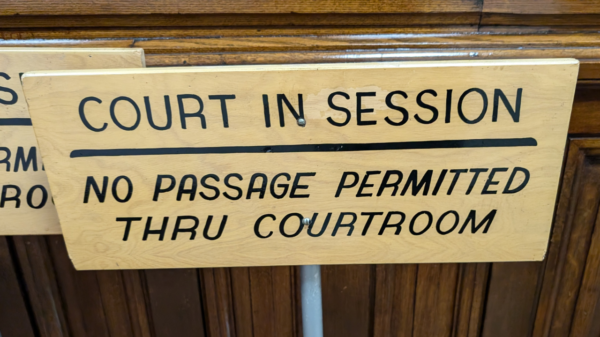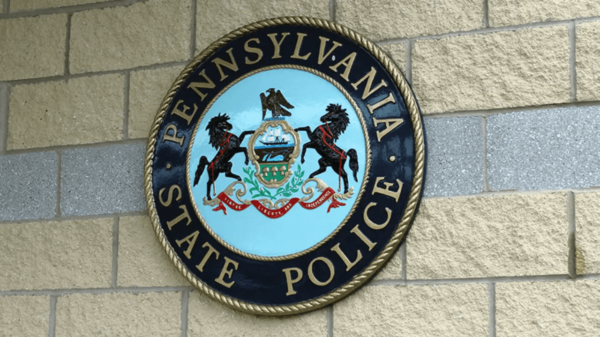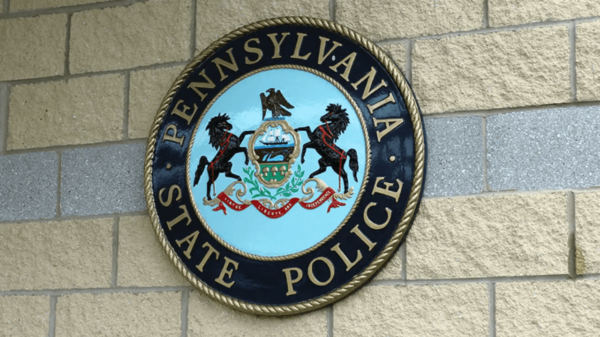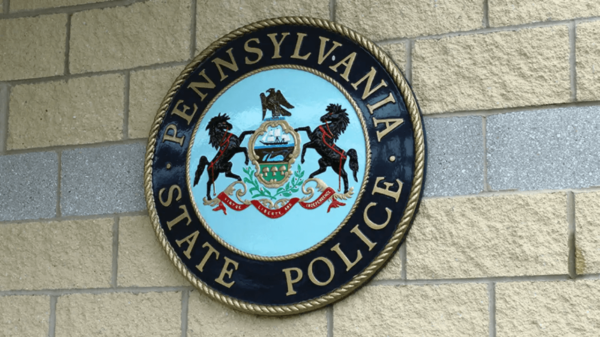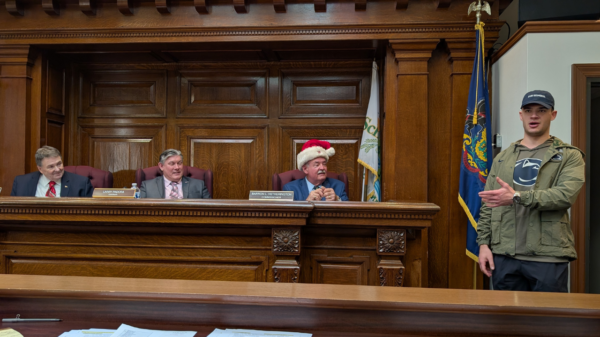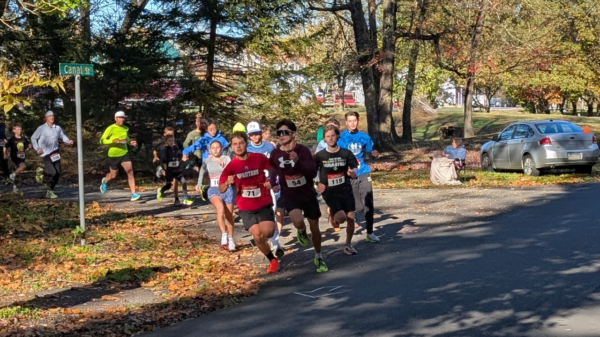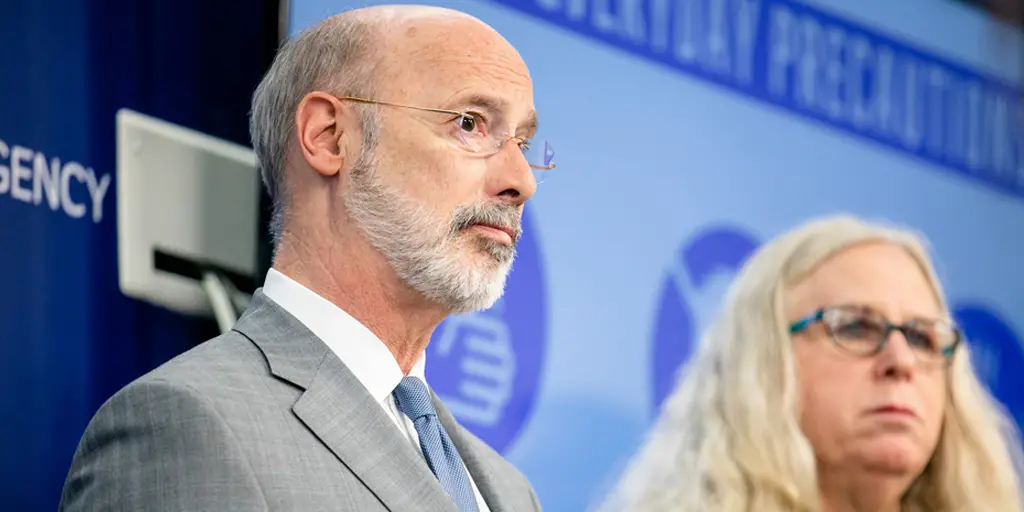
Gov. Tom Wolf extended his draconian Stay-at-Home order to Schuylkill County on Monday. It starts tonight at 8 p.m. and lasts through April 30.
Included in his order are Schuylkill, Carbon, Cumberland, and Dauphin counties.
Schuylkill County in Wolf’s Stay-at-Home Order Through April 30
We’re now 1 of 26 counties in Pennsylvania in this order. The decision came after the latest data group came in showing Schuylkill County with a cumulative total of 30 positive COVID-19 coronavirus cases.
Here are the counties currently in this order (by 8 p.m. Monday, March 30):
- Allegheny
- Beaver
- Berks
- Bucks
- Butler
- Carbon
- Centre
- Chester
- Cumberland
- Dauphin
- Delaware
- Erie
- Lackawanna
- Lancaster
- Lehigh
- Luzerne
- Monroe
- Montgomery
- Northampton
- Philadelphia
- Pike
- Schuylkill
- Washington
- Wayne
- Westmoreland
The state continues to not track patients who’ve recovered since getting a positive test result. So, we don’t know if any of the 30 have recovered. And since it’s been reported that some tests take up to a week to get results from, we don’t even know if people who tested positive have since recovered when they got their test taken.
What Does a Stay at Home Order Mean in Pennsylvania?
The “stay-at-home” order is pretty ambiguous. And during a press conference on Monday, he said there are no discussions ongoing that would impose civil or criminal penalties on anyone caught violating these orders, somehow.
Here’s what is allowed per the stay at home order in Pennsylvania, directly from the Governor’s office:
- Tasks essential to maintain health and safety, or the health and safety of their family or household members (including pets), such as obtaining medicine or medical supplies, visiting a health care professional, or obtaining supplies they need to work from home
- Getting necessary services or supplies for themselves, for their family or household members, or as part of volunteer efforts, or to deliver those services or supplies to others to maintain the safety, sanitation, and essential operation of residences
- Engaging in outdoor activity, such as walking, hiking or running if they maintain social distancing
- To perform work providing essential products and services at a life-sustaining business
- To care for a family member or pet in another household
- Any travel related to the provision of or access to the above-mentioned individual activities or life-sustaining business activities
- Travel to care for elderly, minors, dependents, persons with disabilities, or other vulnerable persons
- Travel to or from educational institutions for purposes of receiving materials for distance learning, for receiving meals, and any other related services
- Travel to return to a place of residence from an outside jurisdiction
- Travel required by law enforcement or court order
- Travel required for non-residents to return to their place of residence outside the commonwealth
- Anyone performing life-sustaining travel does not need paperwork to prove the reason for travel.
Who and what’s exempt from the stay-at-home order? The following people and activities:
- Life-sustaining business activities
- Health care or medical services providers
- Access to life-sustaining services for low-income residents, including food banks
- Access to child care services for employees of life-sustaining businesses that remain open as follows: child care facilities operating under the Department of Human Services, Office of Child Development and Early Learning waiver process; group and family child care operating in a residence; and part-day school age programs operating under an exemption from the March 19, 2020 business closure Orders
- News media
- Law enforcement, emergency medical services personnel, firefighters
- The federal government
- Religious institutions
The homeless are not subject to these orders, either.
Subscribe to Coal Region Canary
Get email updates from Coal Region Canary by becoming a subscriber today. Just enter your email address below to get started!Support Coal Region Canary
Like our reporting and want to support truly local news in Schuylkill County? Your small donations help. For as little as $5, your contribution will allow us to cover more news that directly affects you. Consider donating today by hitting the big yellow button below ...


